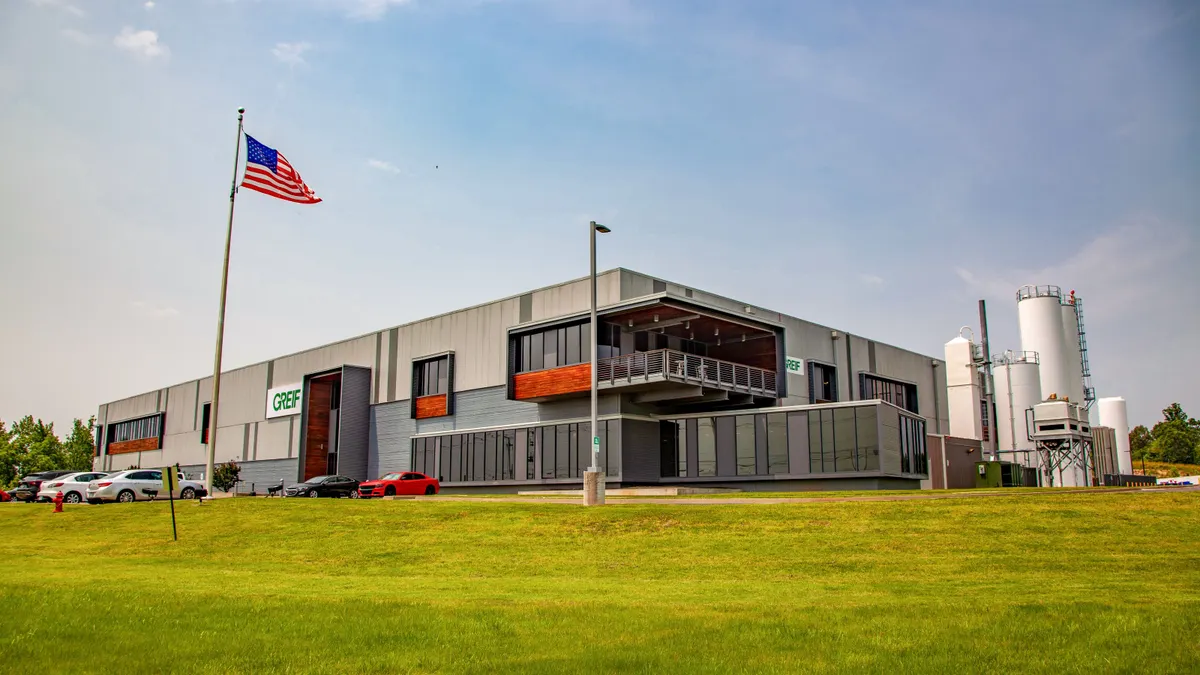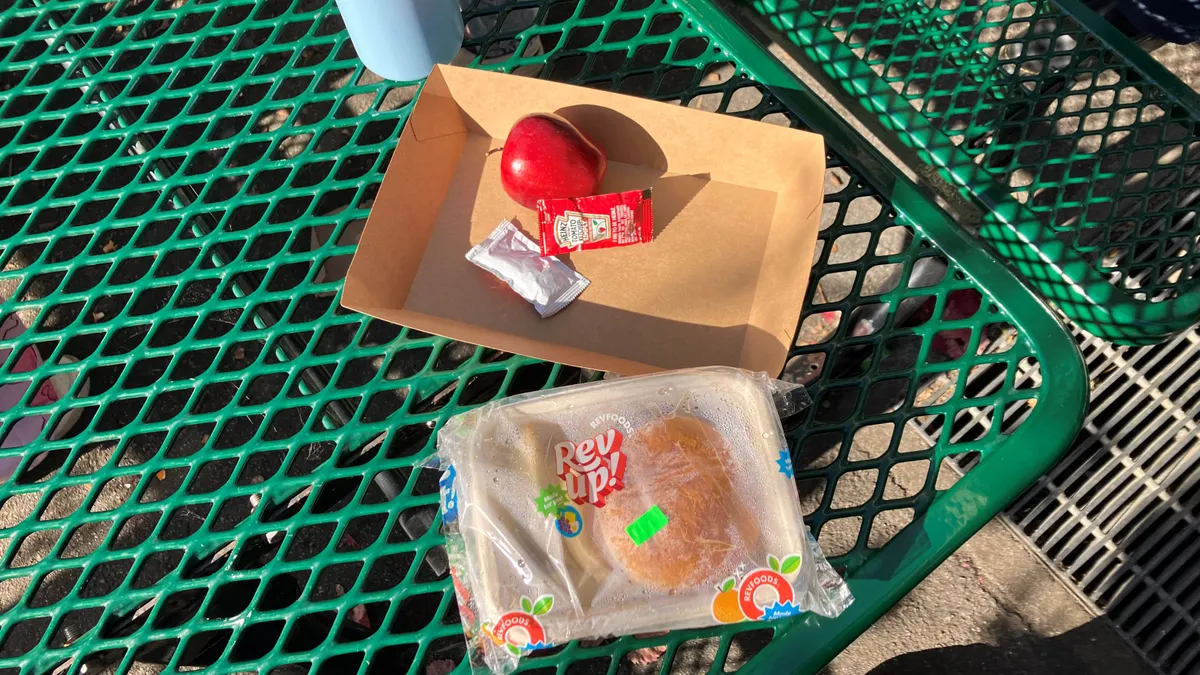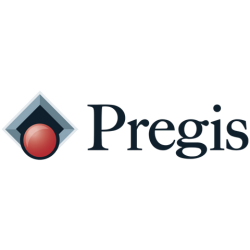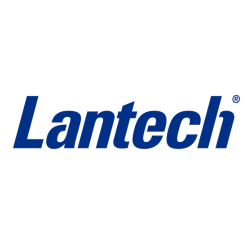Amcor on Tuesday announced “a significant expansion” of printing, lamination and converting capabilities at existing facilities to support the protein market in North America.
“The installation of new, state-of-the-art equipment will increase production now through the first half of 2026,” Amcor said in the announcement.
The company called the protein packaging capacity expansion one of its largest investments to date, but declined to specify the scale of that investment.
Globally, flexible packaging sales make up over half of Amcor’s business, clocking approximately $3.26 billion in net sales in the most recent quarter.
Amcor said the enhanced manufacturing capacity for forming and non-forming packaging categories will, in part, support expansion of its AmPrima line of packaging offerings, which currently include polyethylene pouches, bags and other packages.
“This investment reflects Amcor’s long-term strategy for growth in the protein market and our continued leadership in developing the next generation of high-performance and sustainable packaging,” said Scott Fallon, global vice president and general manager of Amcor Flexibles protein division, in a statement. Protein is one of Amcor’s six high-growth, high-margin focus categories, which collectively account for half of its core portfolio.
Trends driving growth in protein include online sales, brands’ demand for premium packaging with elevated shelf appeal, and category innovation, including with varied pack sizes, according to an emailed statement from Melanie Bandari, a senior marketing manager for Amcor Flexibles North America Meat, Poultry & Seafood.
Amcor designs AmPrima packages as “recycle-ready” packaging. In its recently released fiscal year 2025 sustainability report, Amcor noted that about half of its flexible packaging production by weight was recycle-ready, which the company defines as “designed in a way that enables it to be recycled using current technologies, though the infrastructure for collecting, sorting and recycling may not yet be widely available.”
Amcor highlighted an example of AmPrima in the report: working with Canadian dairy company Agropur on packaging for its premium cheddar cheese. Amcor asserts that the switch from a paperboard overpack to the flexible format using its flow wrap resulted in an 82% lighter-weight package, “dramatically lowering material usage, GHG emissions and supply chain costs.”
On the company’s Nov. 5 earnings call, Amcor CEO Peter Konieczny said cheese has been a well-performing protein end market in North America, while meat has been weaker. “I think it's fair to say that we're having a bit of a tough time” with meat right now, in part reflecting consumers’ “value-conscious behavior,” he said.
As Amcor doubles down on growth in flexibles, its rigids footprint in North America could be poised to shrink. The company is still considering whether to sell its North America beverage business.
Editor’s note: This story has been updated with additional information from Amcor.













